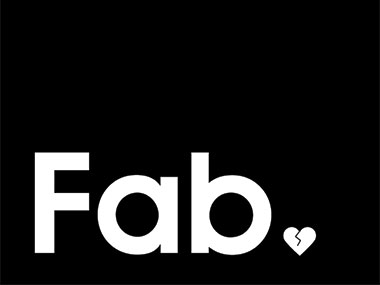Online retailer Fab continues to look to shed costs in the wake of massive layoffs that have eliminated 37 percent of its staff in the last two months.
Among the measures being taken: On Friday, Fab CEO Jason Goldberg told the staff that had survived the prior day’s job cuts that he won’t take a salary next year, he told AllThingsD in an email this weekend, although he did not respond to an inquiry about the amount of his salary. Whether this is a true cost-cutting step, or intended to be more of a sign of good faith or a morale booster, isn’t clear.
Sources say that CTO Nishith Shah will also forfeit his 2014 salary. Both he and Goldberg declined to comment on that fact. (No word on co-founder Bradford Shellhammer’s salary.)
Of course, both Goldberg and Shah likely hold significant equity stakes in Fab. Goldberg also saw a small payday when he and Shellhammer sold a bit of their ownership stakes for an undisclosed sum in the company’s Series C investment round, Fab spokeswoman Deborah Roth previously told AllThingsD.
Shah also likely saw at least a bit of money when Fab bought his India-based technology firm True Sparrow last year in a cash-and-stock deal.
Beyond these moves, Fab is also narrowing the scope of product categories that it offers, Fab spokeswoman Roth said in an email on Sunday. Fab.com currently lists 10 product categories along the top of its homepage, but Roth said the company has decided that it will stop selling products in three of the categories: Vintage, food and pets.
With these moves and other measures, Fab says it will cut the rate at which it burns cash to 30 percent of what it is going through now by this time next year, as it looks to reach profitability without raising any more cash.
Fab has raised more than $300 million in venture capital, and another $30 million in debt.
At the same time, Fab continues to invest in its private-label business which now comprises five percent of revenue. Goldberg previously said in an interview that he would like to see that number reach 30 percent to 40 percent by 2016.





0 comments:
Post a Comment